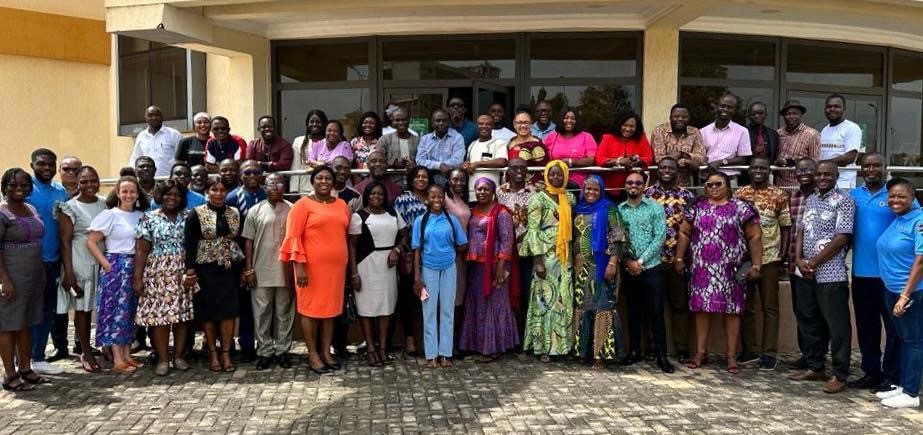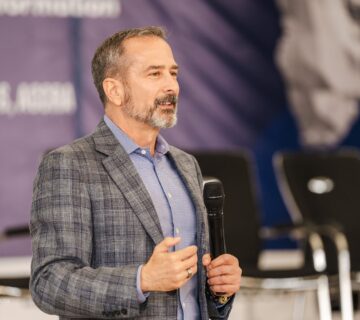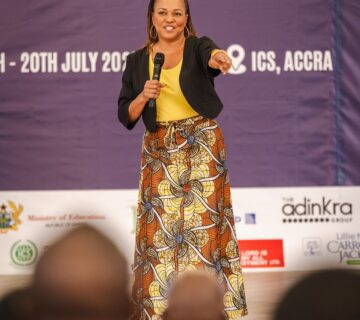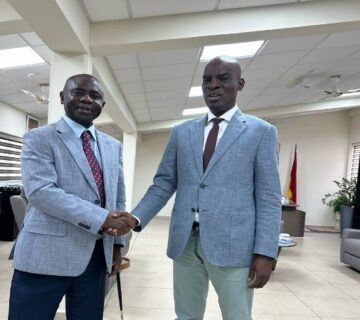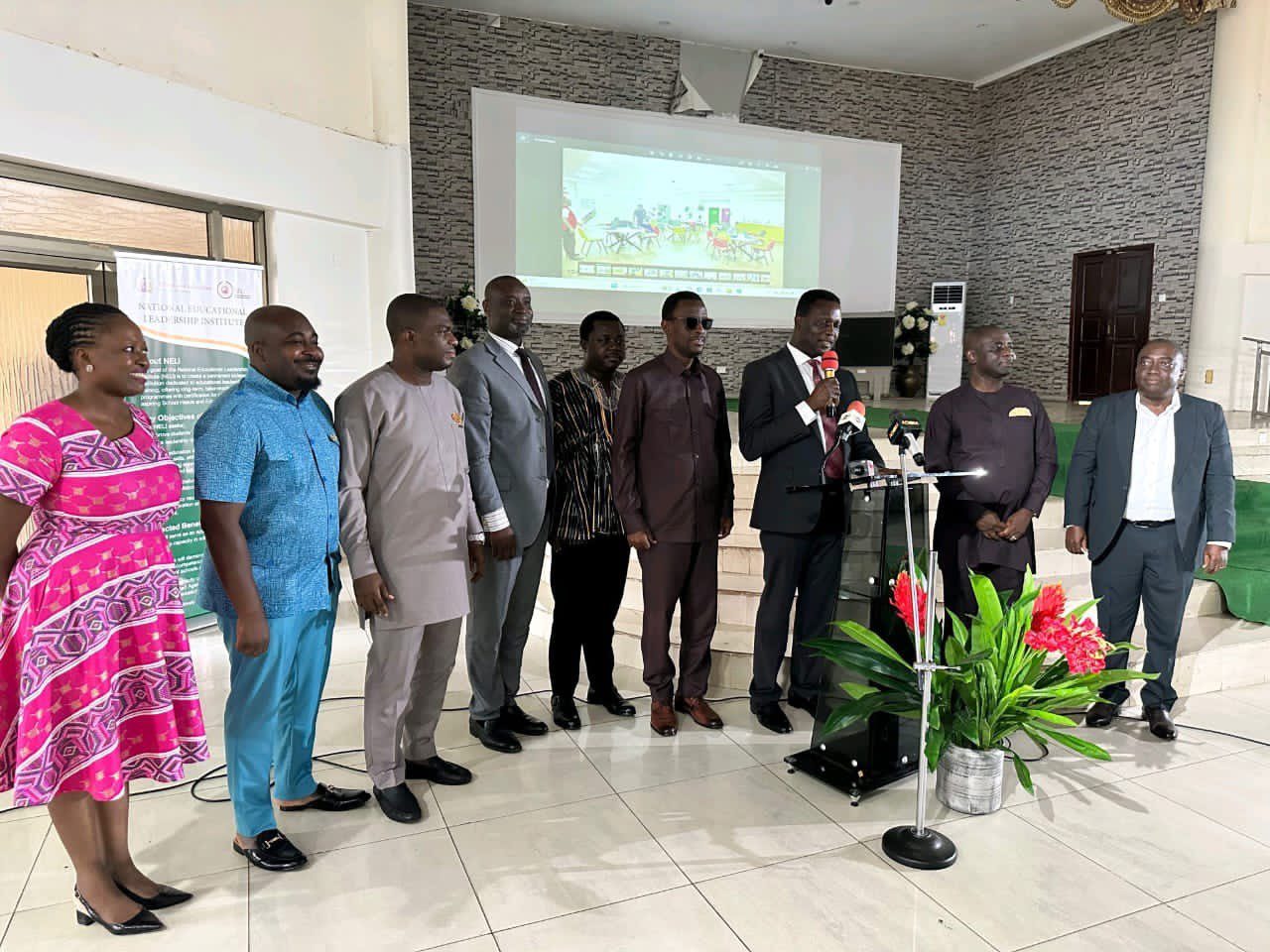FACILITATING THE NEW NELI COURSE
Insights from NELI Faculty Training
The National Educational Leadership Institute (NELI) facilitators’ training took place at KNUST CAMPUS in Kumasi on November 18th and 19th. The meticulously planned and executed event, commenced at 8:30 am each day on the second floor of the Business School. The session opened with each facilitator introducing themselves, setting a collaborative tone. Dr. Paul Addo of the NELI Secretariat delivered a welcoming address, and key consultants Dr. Laury Adams and Dr. Jill Berg took charge as the moderators of the program’s facilitators.
Key discussions revolved around the 3 R’s: Relationships, Relevance, and Rigor. Attendees delved into understanding what they should grasp before meeting participants. A noteworthy activity involved facilitators completing the KNOW and NEED TO KNOW columns, utilising their knowledge of NELI and the strategic leadership course, followed by group discussions and knowledge sharing.
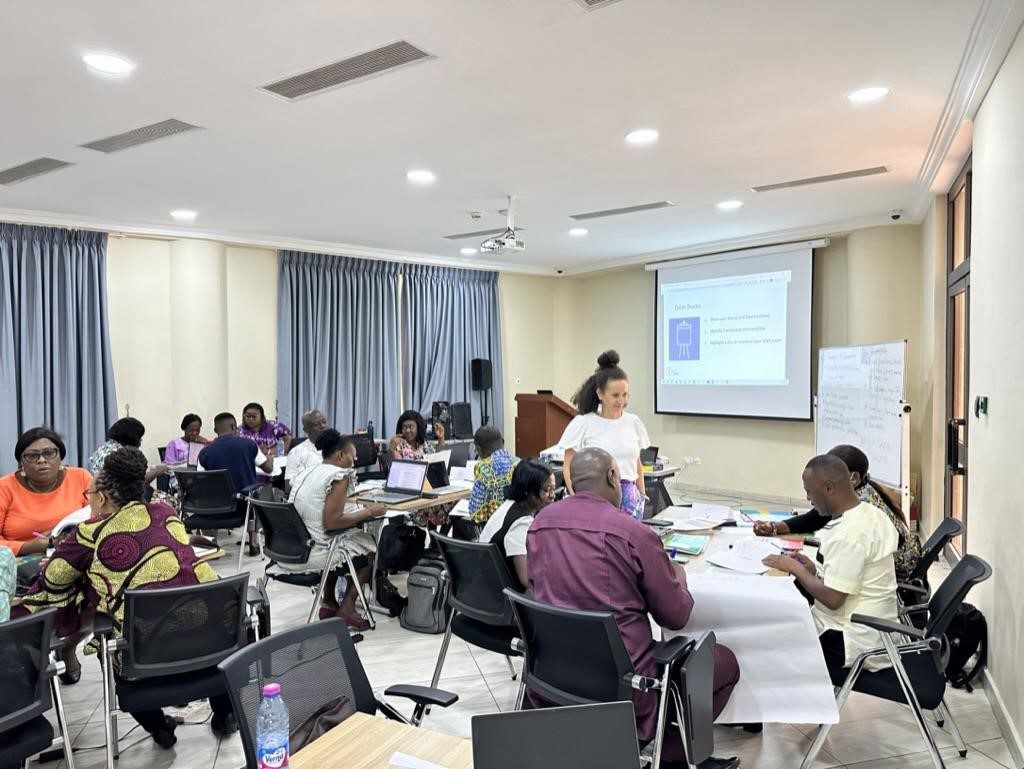 The NELI overview provided a comprehensive understanding of its purpose ensuring the Ghanaian education system nurtures thriving learners. The strategic leadership course, the first of four proposed courses, aimed to achieve this. The pilot, launched in November 2023, was a culmination of efforts starting from the Ministry’s proposal in June 2021 to Cabinet’s recommendation in December 2021.
The NELI overview provided a comprehensive understanding of its purpose ensuring the Ghanaian education system nurtures thriving learners. The strategic leadership course, the first of four proposed courses, aimed to achieve this. The pilot, launched in November 2023, was a culmination of efforts starting from the Ministry’s proposal in June 2021 to Cabinet’s recommendation in December 2021.
A break was scheduled at 10:30 am, offering participants a brief respite. The subsequent discussions focused on NELI goals, purpose, and a group exploration of the “WHY” behind the initiative. The NELI approach, emphasising transformational leadership, flipped learning, and job-embedded performance assessment, was thoroughly examined. A 20-minute text-based discussion protocol added an interactive element.
Lunch provided a networking opportunity from 12:30 to 1:30 pm, fostering a collaborative atmosphere. The second session, expertly moderated by Dr. Jill Harrison Berg, concentrated on the strategic leadership course. The discussion centred on the course competency framework, task, rubrics, and the PIT crew & pathway.
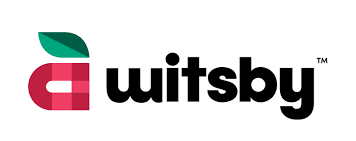 Witsby is a personalized professional learning platform that lets you combine your own PD with evidence-based content from ASCD. |
A 30-minute break, facilitators engaged in scenarios, elucidating their roles and methods for participants to understand these roles. A revisit to the Need to Know, session purpose, and individual intentions ensured alignment among facilitators.
On the second day of the NELI facilitators training, which unfolded on November 19th, proceedings commenced with a cordial welcome. This involved establishing facilitator-coach pairs, and laying the groundwork for the day’s agenda. Central to the morning session were the foundational principles encapsulated in the 3Rs:
- Relevance, delineating the purpose and objectives;
- Rigour, meticulously outlining the day’s agenda; and
- Relationships, accentuating connections and agreements.
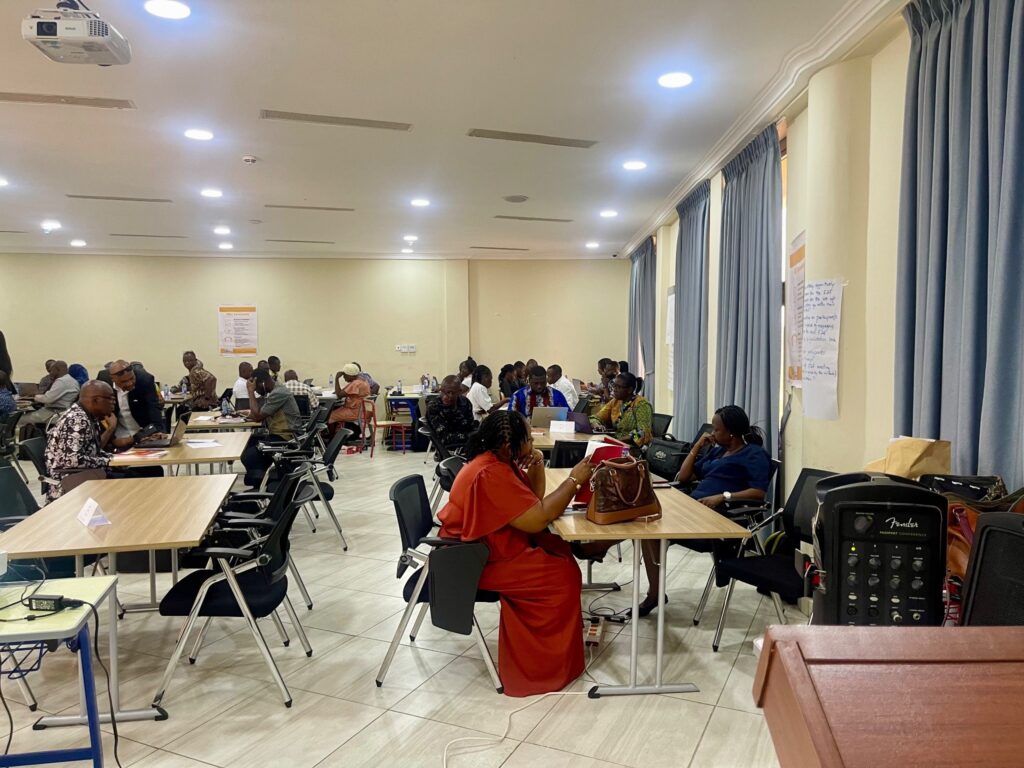
The training session then pivoted to furnish a comprehensive overview of NELI, curated specifically for coaches. A pivotal segment revolved around acquainting facilitators with the participants. This encompassed addressing their “Need to Knows,” scrutinising participant lists, evaluating existing knowledge about participants, and discerning information gaps crucial for tailoring the training experience effectively.
A crucial juncture in the agenda involved accessing live participant data categorised by region. Emphasis was laid on the dynamic nature of these lists, underscored by continuous updates until November 21. Participants were guided to discern their assigned participants by referencing cohort numbers.
Following a brief hiatus, the agenda segued into a profound exploration of performance tasks. The focus was specifically on dissecting Unit 1 performance tasks. Expectations for participants, facilitators, and coaches were meticulously clarified, setting a nuanced tone for a structured and impactful learning experience.
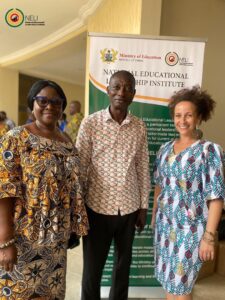
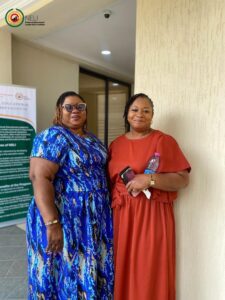
The lunch interval not only served as a gastronomic respite but also provided an informal networking opportunity. This facilitated collaborative interactions among participants. The afternoon session revolved around reconnection, with a particular spotlight on Adinkra Cohort Names. This served as a conduit for fostering a sense of community and identity among the participants.
The inaugural face-to-face (F2F) session held pivotal significance. It involved the dissemination of the session agenda design, a meticulous review of the Three Rs, and active participation in team-building activities. Co-facilitators were provided with detailed planning guidelines, complemented by an optional feedback protocol designed to refine the F2F agenda for optimal efficacy.
As the curtains descended on the day’s proceedings, a structured closing and reflection period ensued at 3:00 pm. This provided participants with a designated space for assimilating and reflecting upon the day’s multifaceted learnings and interactions. This comprehensive report encapsulates the intricate and multifaceted nature of the second day of NELI facilitators training, embodying diverse elements critical for effective facilitation and robust participant engagement.

